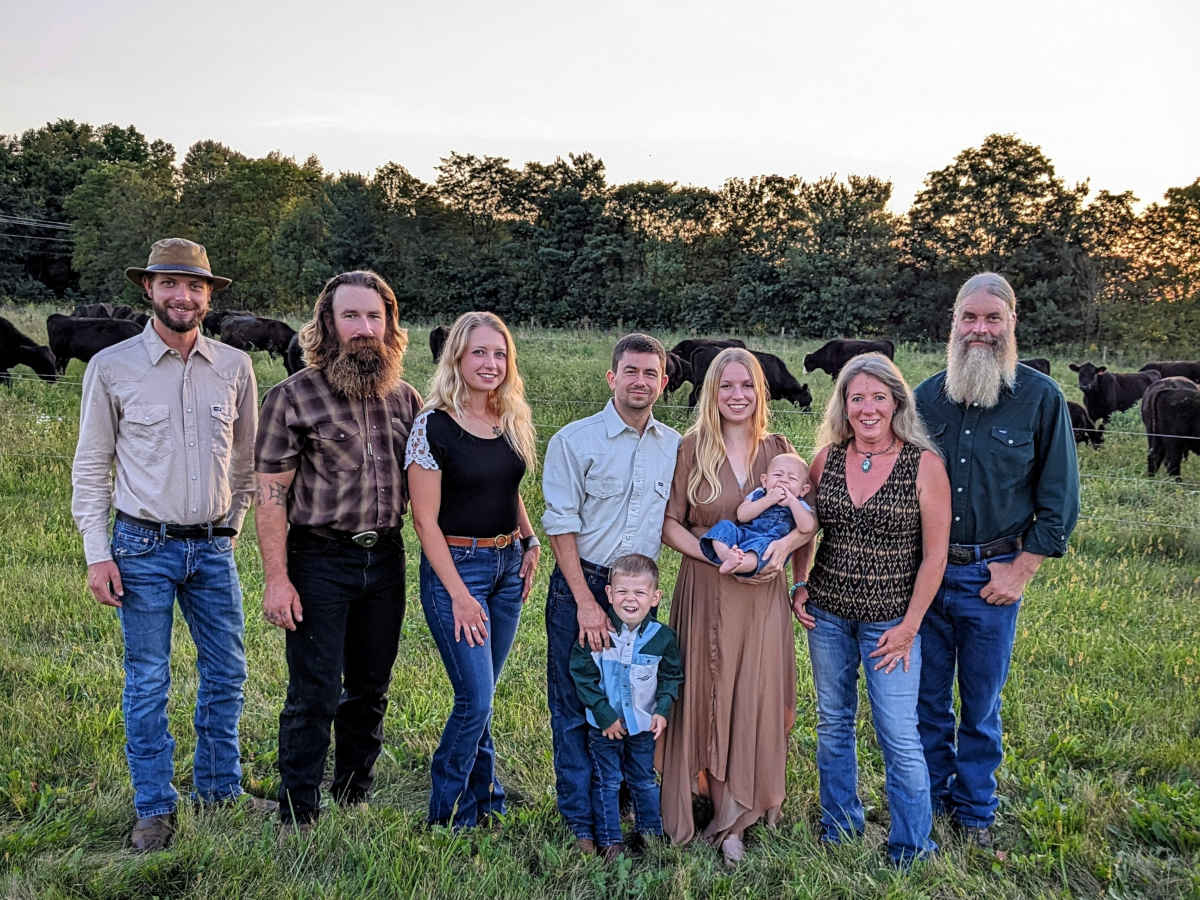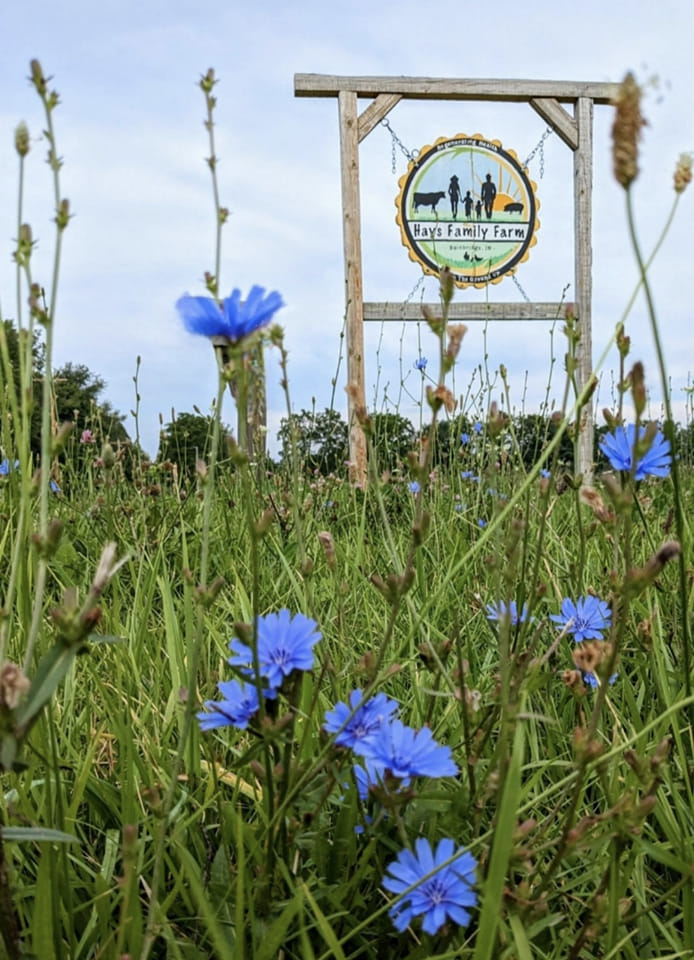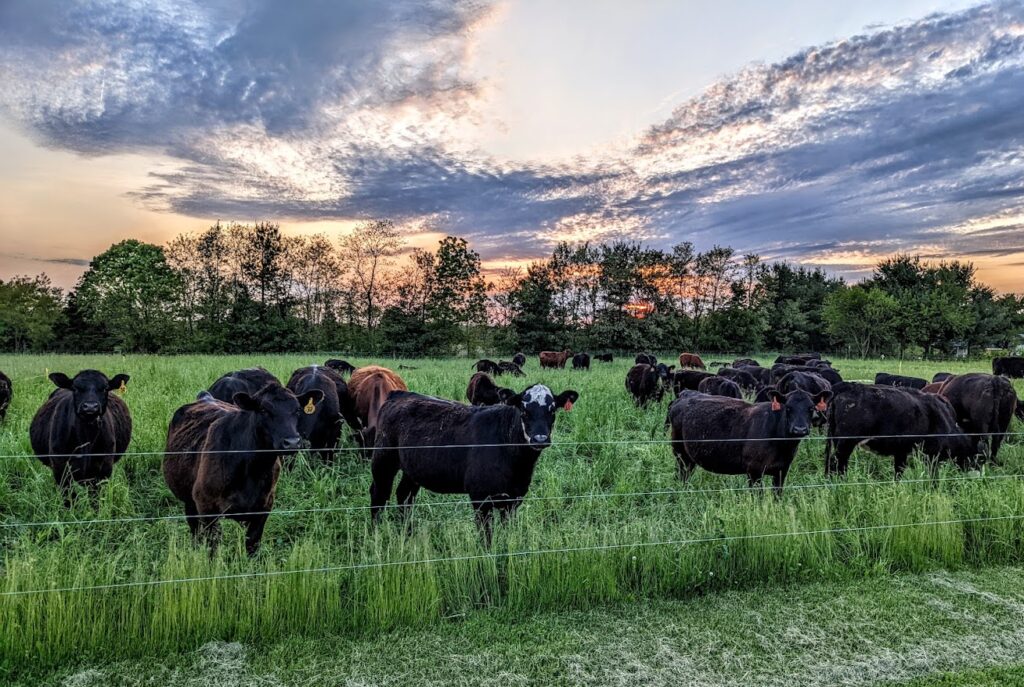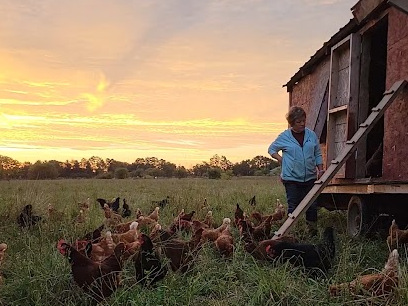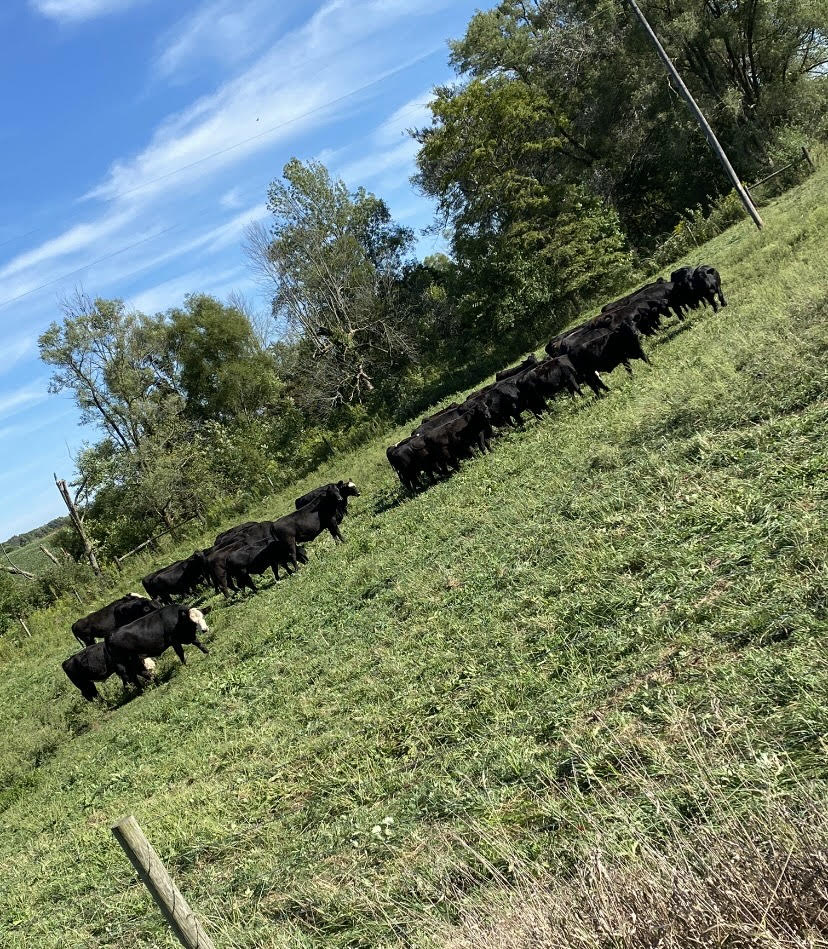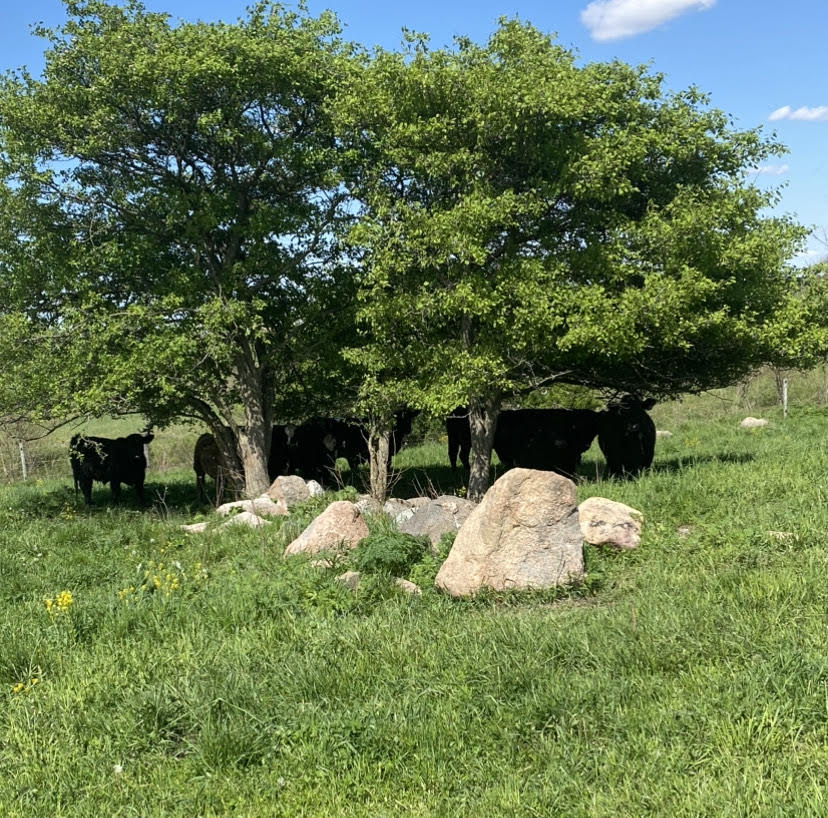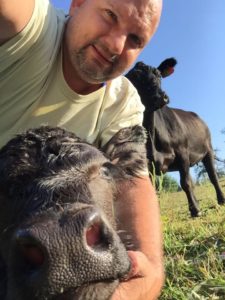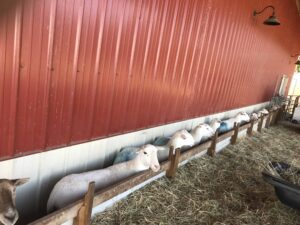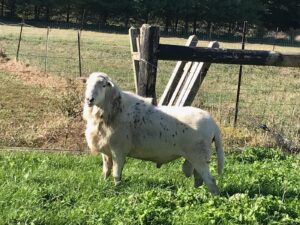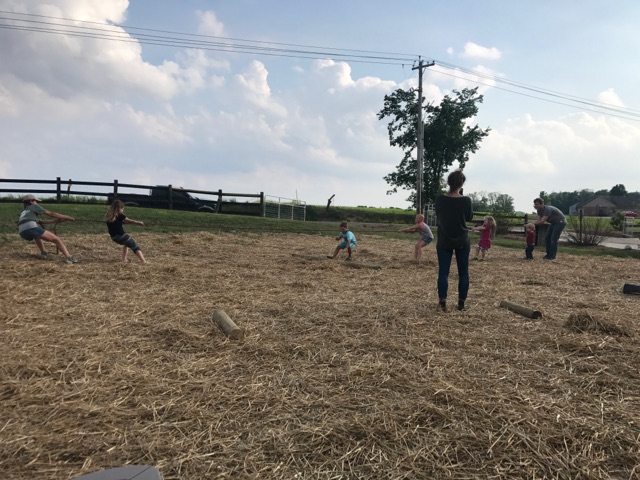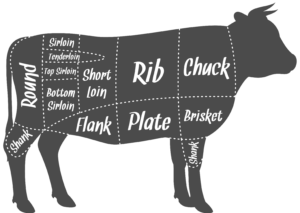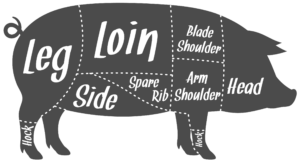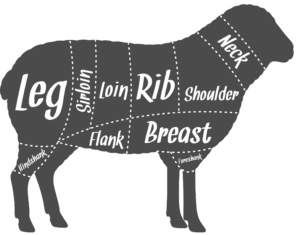Purdue University research team examines demographics, attitudes of ‘agritourists’
By Darrin Pack | Posted on 5/17/2016
WEST LAFAYETTE, Ind. – While most agricultural tourists responding to a Purdue University survey indicated that agriculture is an important industry, those who said they had visited a livestock farm tended to have concerns about how animal feeding operations affect water quality in their county.
The results suggest that livestock producers who cater to “agritourists” will have a receptive audience but should be prepared to address environmental issues, said Nicole Olynk Widmar, associate professor of agricultural economics and co-author of the study Exploring Agritourism Experience and Perceptions of Pork Production.
“We can safely say that agriculture professionals are increasingly aware of how the industry is perceived by the media and consumers,” Widmar said. “We hope this data provides context for future studies that could help us better understand changing perceptions about agriculture and the demographics of people who participate in agritourism.”
The study was designed to measure the demographics and attitudes of people who have visited a working farm or food production facility and compare those to people who have not visited an agricultural production operation.
Engaged consumers
Researchers conducted an online survey of 857 U.S. households from July 23 to Aug. 6, 2014. The survey was administered by the market research firm Lightspeed GMI and targeted to be representative of the overall U.S. adult population for age, gender, pre-tax income and region of residency.
Nicole Olynk WidmarResults showed 69 percent of respondents had visited a livestock operation – defined as a pig, dairy or horse farm. These respondents were more likely to agree with the statement “I am supportive of the growth of livestock agriculture in my county” but also more likely to agree that “I am concerned about impacts on water quality from livestock operations in my county.”
“Just because you support something and believe it is important doesn’t mean you won’t ask critical questions,” Widmar said. “There is some popular belief that consumers are taking a greater interest in food production. Our results seem to reinforce previous findings that the most engaged food consumers tend to be women in families with young children, and it seems that they are also more likely to be agritourists.”
Widmar’s co-authors were Ann M. Cummins, then-graduate research assistant in the Department of Agricultural Economics; Candace Croney, director of the Purdue Center for Animal Welfare Science; and Joan Fulton, professor of agricultural economics.
The study appeared in the April 2016 issue of the journal Agricultural Sciences. It is available at http://dx.doi.org/10.4236/as.2016.74024. Funding was provided by Indiana Pork and the Indiana Soybean Alliance. The study was developed in cooperation with Fair Oaks Farms, Belstra Milling Co., Indiana Pork and the Indiana Soybean Alliance.
This article was reprinted from the online site “Ag Answers”
